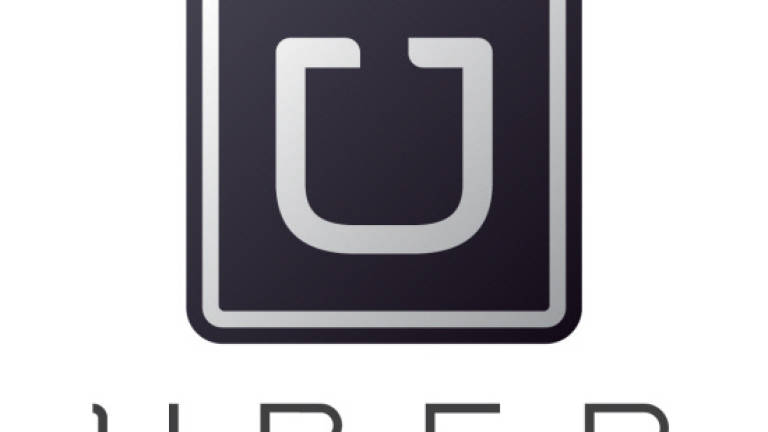Govt may tax Uber drivers

KUALA LUMPUR: Uber drivers may be subject to taxation soon if the government unable to impose tax on Uber rides revenue in Malaysia.
This scenario is a possibility given the fact that over the years, Uber's tax planning has succeeded to dodge taxation legally from several governments around the world including Australia, Canada, Hungary, UK and US tax authorities.
It was reported in the UK that Uber legally avoiding tax by legally transferring its ride-sharing income to its sister company in Netherlands.
It was also reported that less than 2% of Uber total revenue would be subject to taxes by the US tax agency after Uber tax strategies capitalised loopholes from within the ambit of the law.
To mitigate the alleged Uber tax leaks, a government insider told theSun that the registration drive for Uber and Grab drivers as part of the "e-hailing" initiative would hold the key for taxation.
"The drivers database will be important for monitoring, licensing fee and tax purposes," the insider pointed out.
However, Malaysian Association of Tax Accountants (Mata) reckons taxation for Uber drivers should be the last resort.
Mata president Abd Aziz Abu Bakar is convinced that Inland Revenue Board (LHDN) and Finance Ministry will address the matter in the 2017 Budget tabling.
"Firstly, LHDN will obtain information from Uber Malaysia and work out around under the Income Tax Act (ITA) 1967. Secondly there is the international tax convention to hunt Uber outside of Malaysia should the government unable to churn out the desired outcome," he said. "Last option will be to tax the Uber drivers."
A senior officer of LHDN said the board could impose withholding tax on special classes of income to Uber Malaysia Sdn Bhd under Section 4A of the Act for transferring Uber fares revenue to non-resident.
According to Fortune magazine, in a labyrinth of technicalities for tax management, Uber has created subsidiaries in every country it operates as well as forming two subsidiaries in Netherlands – Uber International CV and Uber BV.
The magazine explained that the subsidiaries in each country it operates do not earn directly from the fares collected locally.
"Whenever a passenger takes an Uber ride anywhere in the world outside the US, whether it's in Beirut or Bangalore, the payment is sent to Uber BV," the article wrote.
"The company typically sends 80% of that ride payment back to the driver via yet another Dutch subsidiary and keeps the remaining 20% as revenue."
Fortune described the multifaceted tax and revenue management between Uber CV and Uber BV as, "ocean income, because it sits in a gray area between national tax authorities."
Last June, Land Public Transport Commission (SPAD) chairman Tan Sri Syed Hamid Albar said Uber's cashless payment via credit or debit card for passengers did not benefit the country.
"The money (fare paid) goes out of the country and our ringgit does not circulate locally," he had said.
theSun reported on May 3 that SPAD will table a paper to Cabinet this month for final approval after receiving endorsement from Special Economic Committee last month on its proposal to regulate Uber and Grab services.
It also include details to transform the conventional taxi industry, public service vehicle (PSV) license requirement for private car drivers, annual vehicle inspections and comprehensive insurance coverage in order to implement the "e-hailing" by year-end.